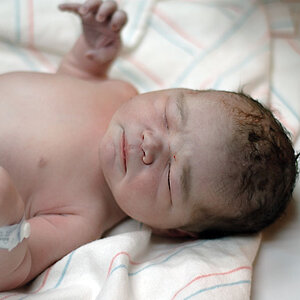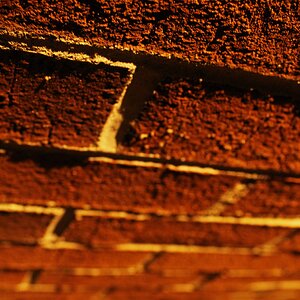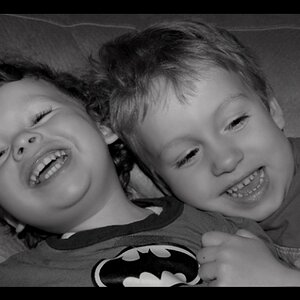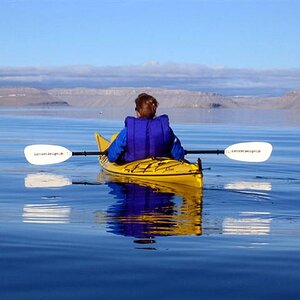Amber_Cullen
TPF Noob!
- Joined
- Sep 4, 2008
- Messages
- 155
- Reaction score
- 0
- Location
- USA
- Website
- www.flickr.com
- Can others edit my Photos
- Photos NOT OK to edit
pretty much all of them, unless they're perfect SOOC which is rare, since I don't use my flash and rely on natural light sometime my pics come out dark, photoshopping them helps amazingly well to both brighten and fix unwanted things, such as cuts or food on the face (very common with kids). Here's an example:





![[No title]](/data/xfmg/thumbnail/41/41423-156eb6e5a056cd1cbcf60e12a03f9d56.jpg?1619739809)
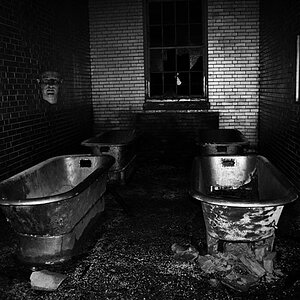
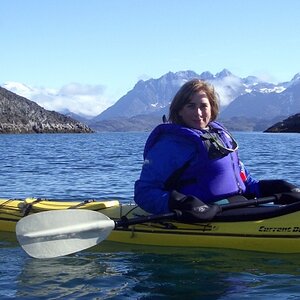
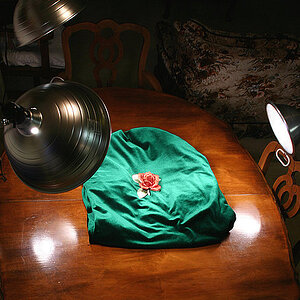

![[No title]](/data/xfmg/thumbnail/36/36303-10b1a386a9a00cf90fb7605d2d2c48c1.jpg?1619737497)
